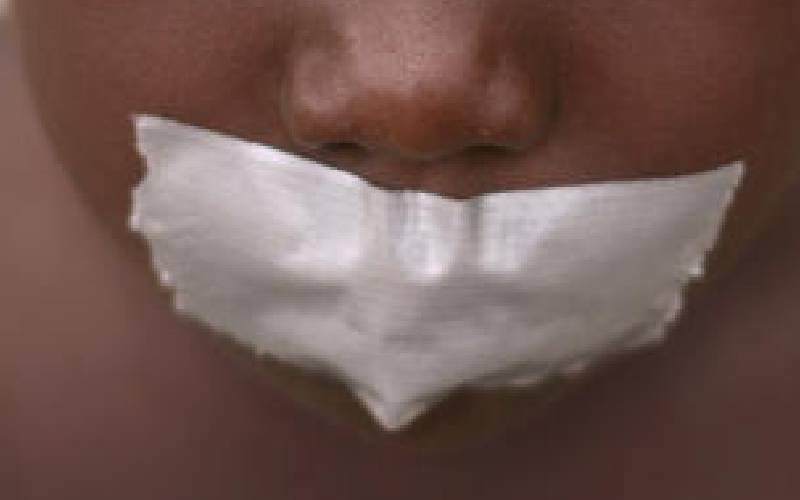
The recent relinquishment of the Majority Leader in the National Assembly, Senate Majority leader and Majority chief whips; a sitting governor’s moment of shame after he was barred from sitting at the podium; the castigation, intimidation and arrest against lawyer-politician in utter disregard of a battery of court orders are a grim indicator of an assured deficiency of flexibility, and unrelenting disgust for disagreement or dissent. This is a grave attitude of immoderation in political disquisitions, imageries and metaphors. Let’s embrace good-humoured calm; a valuable ingredient of all democratic gifts.